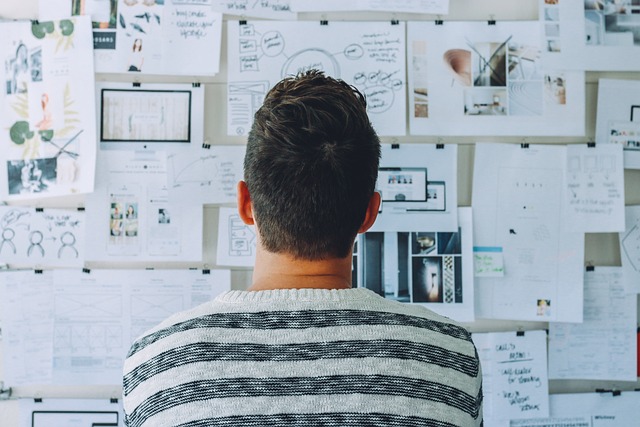In today’s digital era, the pervasive influence of social media on our daily lives is undeniable. Platforms like Instagram, Facebook, and Twitter provide an avenue for us to connect with friends, share experiences, and engage with creative content. However, as the popularity of these platforms has soared, so has the concern regarding their impact on our self-confidence. This blog post offers an analysis of personal effects that social media can have on how individuals perceive themselves.
When scrolling through an endless feed of perfectly curated images and highlight reels, it’s easy to fall into the trap of comparison. Studies have shown that people often compare their lives to the idealized versions presented online, questioning their worth, accomplishments, and even appearance. This habitual comparison can lead to negative self-perception and diminished self-esteem. The seemingly flawless lives showcased on social media often distort the reality that everyone has their own struggles, yet many users fail to recognize this.
Another vital aspect to consider in the analysis of personal effects is the pressure to maintain an online presence. The urge to gain likes and followers can contribute to an ongoing cycle of validation, making self-worth contingent on social media engagement. Individuals find themselves tailoring their personalities and interests to fit trends, sometimes sacrificing authenticity in pursuit of approval. This can lead to internal conflict, feelings of inadequacy, and a disconnection from one’s true self.
Moreover, social media also serves as a significant platform for feedback, both positive and negative. While encouragement from online communities can boost self-esteem, negative comments or cyberbullying can inflict deep emotional wounds. The psychological effects of online criticism are profound. Victims may retreat further into their shells, leading to isolation and a decrease in overall confidence.
It’s essential to recognize the duality of social media’s influence. On one hand, it can inspire and empower individuals to embrace their uniqueness and connect with like-minded individuals. Supportive communities can foster self-acceptance and growth. On the other hand, unchecked exposure to negative content can detrimentally impact mental well-being and self-worth. This is a critical area where individuals need to engage in self-reflection and mindfulness.
To navigate the complex relationship between social media and self-confidence, users should curate their feeds consciously. Follow accounts that promote positivity and authenticity, and limit exposure to those that breed negativity or foster unrealistic standards. Engaging with uplifting content can shift perspectives and foster a more positive self-image.
Additionally, taking breaks from social media can allow individuals to reconnect with themselves away from the screen. Prioritizing real-life interactions, hobbies, and self-care promotes a healthier self-image that is less reliant on external validation. This practice can lead to a more balanced and fulfilling life, enhancing overall confidence.
By critically examining the analysis of personal effects from social media, we can better understand its significance in shaping our self-confidence. This awareness is the first step towards mitigating its potential harms while harnessing its positive influences. In a world driven by likes, shares, and comments, embracing one’s true self and finding confidence in authenticity is more vital than ever.




